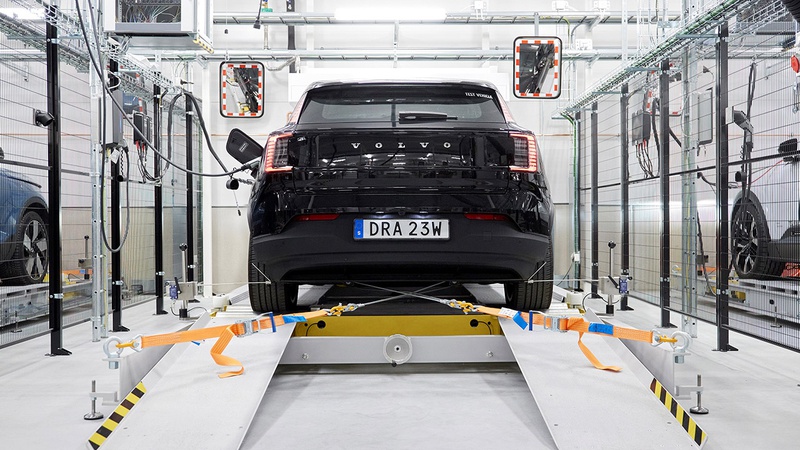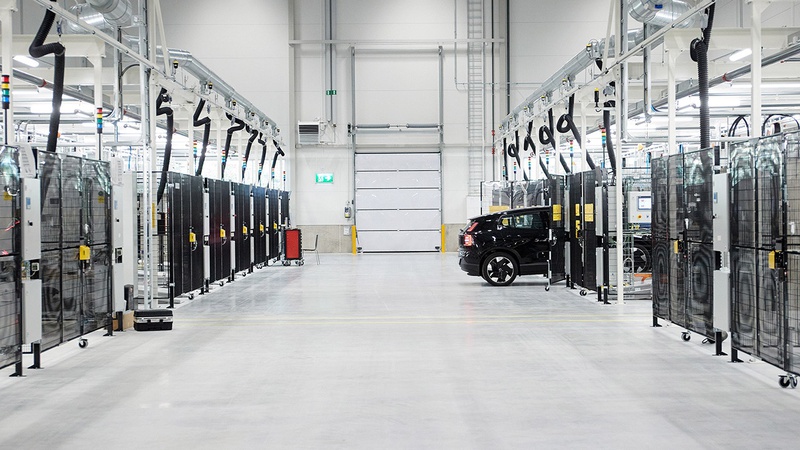At around 22,000 square meters, Volvo says it is "the new flagship in our network of development centers and tech hubs around the world". Volvo Cars also operates software test centers in Lund (Sweden) and Shanghai (China), but the new center in Gothenburg is by far the largest in terms of size and capacity.
It will initially employ around 100 people. Once the new test center is fully utilized, the number is expected to increase to 300. In the future, the site will house around 500 test benches and digital test environments, compared with almost 200 at present. The Swedish company has set the initial investment at 300 million Swedish kronor (approximately 25.7 million euros).
Volvo also says it needs the new capacity "because, as our flagship EX90 shows, the automotive industry is changing rapidly," according to the statement. In May, Volvo admitted that production of the EX90 E-SUV and Polestar 3 would be delayed until the first half of 2024 because it needed "additional time for software development and testing".



Volvo Cars opens new, state-of-the-art software testing centre in Sweden
However, it is still not known in which areas of the car the additional software work has become necessary. The current announcement only describes the challenges in general terms: "The Volvo car of the future will be fully electric, increasingly sold online, powered by the cutting edge core computers running in-house developed software, and constantly improved over time thanks to regular over-the-air software updates". As a result, he says, in-house software development and testing is "critical to realizing our strategic ambitions.
“This is a state-of-the-art facility that will be the hub for our global software testing and validation activities,” says Anders Bell, global head of research and development at Volvo Cars. “Developers from all our global engineering sites and tech hubs can run software tests here remotely, 24 hours a day, 365 days a year. I firmly believe that with this new testing centre, we’ve set a new benchmark for the automotive industry.”
Alwin Bakkenes, global head of software engineering, adds: “The aim is to boost our innovation speed by developing software for key areas for Volvo Cars – from core safety technology based on our deep understanding of what causes accidents, to our perception and driver assistance algorithms and software for future autonomous driving.”
Source: Volvo Cars

